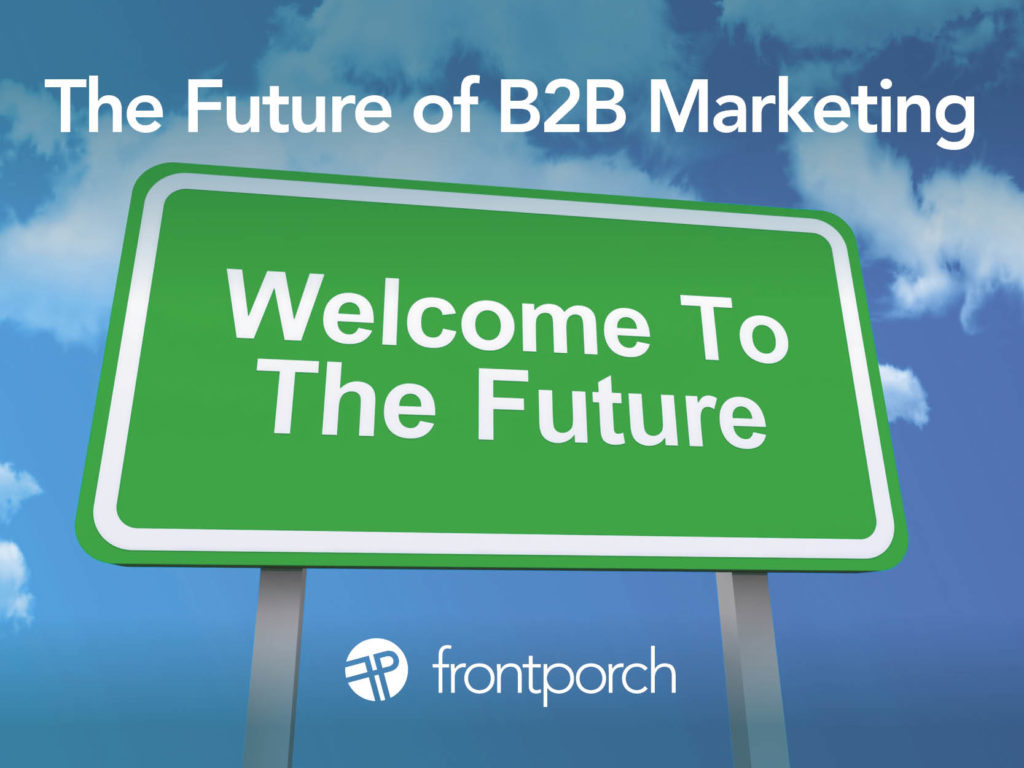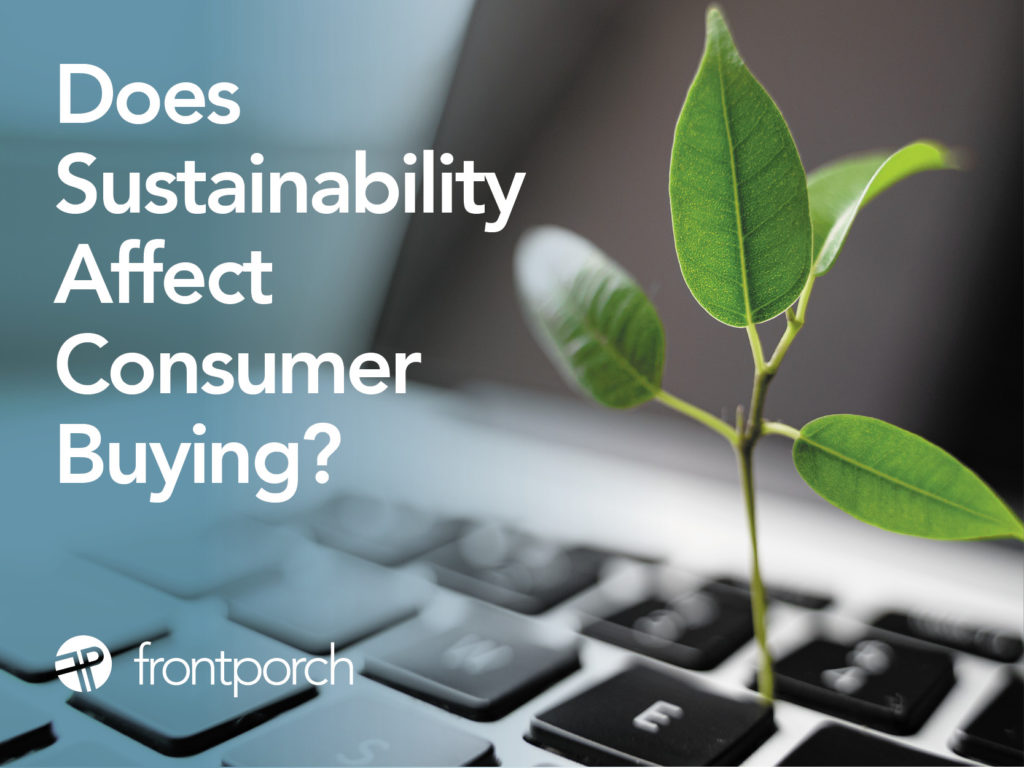
In the evolving landscape of B2B marketing, staying ahead of emerging trends and predicting shifts is crucial for the future of B2B marketing. Small businesses need to aim to carve out their niche and thrive in competitive markets. It’s essential for small B2B enterprises to anticipate and adapt to evolving consumer behaviors, technological advancements, and industry dynamics.
What is the future of B2B marketing? Find out by exploring key trends and predictions that small businesses should consider as they chart their course for success.
Rise of AI and Automation in the Future of B2B Marketing
First, Artificial intelligence (AI) and automation are poised to revolutionize the future of B2B marketing strategies. They offer unprecedented capabilities for personalized targeting, predictive analytics, and workflow optimization. Small businesses can harness AI-powered tools to streamline marketing processes, enhance customer segmentation, and deliver hyper-targeted messaging across multiple channels. By leveraging AI and automation, small B2B enterprises can increase efficiency, improve ROI, and gain a competitive edge in the digital marketplace.
Embrace of Account-Based Marketing (ABM)
Next, Account-Based Marketing (ABM) continues to gain traction as a strategic approach for B2B businesses. ABM can target high-value accounts and personalize marketing efforts to meet their specific needs. Small businesses can adopt ABM strategies to nurture relationships with key accounts. And deliver customized content, and drive engagement at every stage of the buyer’s journey. By focusing resources on the most promising prospects, small B2B enterprises can maximize the future of B2B marketing ROI. Ultimately they can accelerate sales growth in a targeted and efficient manner.
Shift Towards Interactive and Immersive Content
In an era of information overload, capturing and retaining audience attention requires innovative content experiences that engage and delight. So small businesses can differentiate themselves by embracing interactive and immersive content. Formats such as augmented reality (AR), virtual reality (VR), and interactive video are key. By creating immersive storytelling experiences, small B2B enterprises can captivate audiences. Additionally, they can foster brand loyalty, and drive meaningful interactions that resonate with their target audience.
Integration of Sustainability and the Purpose-Driven Future of B2B Marketing
Consumers are increasingly seeking out brands that align with their values and demonstrate a commitment to sustainability and social responsibility. Small businesses can differentiate themselves by integrating sustainability and purpose-driven messaging into the future of B2B marketing strategies. By highlighting their environmental initiatives, community involvement, and ethical business practices, small B2B enterprises can build trust, loyalty, and goodwill among their audience while making a positive impact on society.
Personalization at Scale
Finally, as consumers expect more personalized experiences from brands, small businesses must leverage data-driven insights. They need to use advanced segmentation techniques to deliver tailored messaging at scale. By harnessing customer data and predictive analytics, small B2B enterprises can create highly personalized marketing campaigns. These resonate with individual prospects and drive conversion. From personalized email campaigns to dynamic website content, personalization allows small businesses to connect with their audience on a deeper level and nurture long-term relationships.
Embracing the Future of B2B Marketing
As the future of B2B marketing landscape continues to evolve, small businesses must embrace innovation, adaptability, and forward-thinking strategies to stay ahead of the curve. By anticipating trends such as the rise of AI and automation, the embrace of ABM, the shift towards interactive content, the integration of sustainability, and the importance of personalization, small B2B enterprises can position themselves for success in an increasingly competitive marketplace.
Overall, as you navigate the complexities of B2B marketing, remember to stay agile, experiment with new technologies, and prioritize delivering value to your audience. Then by embracing the future of B2B marketing, small businesses can seize new opportunities, drive growth, and thrive in the digital age.


